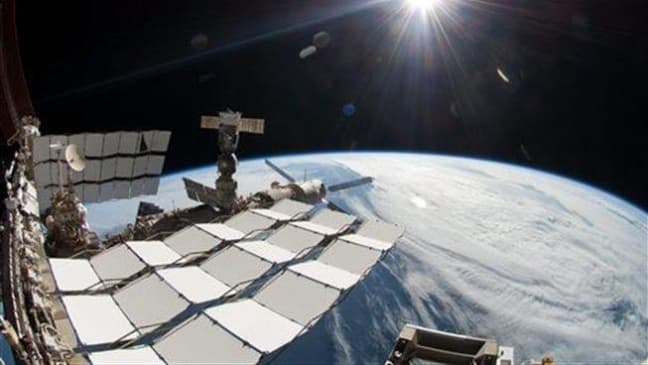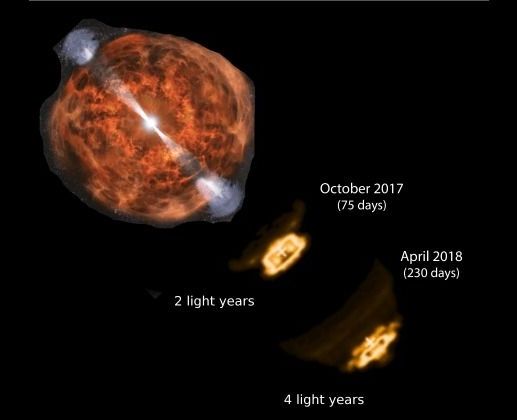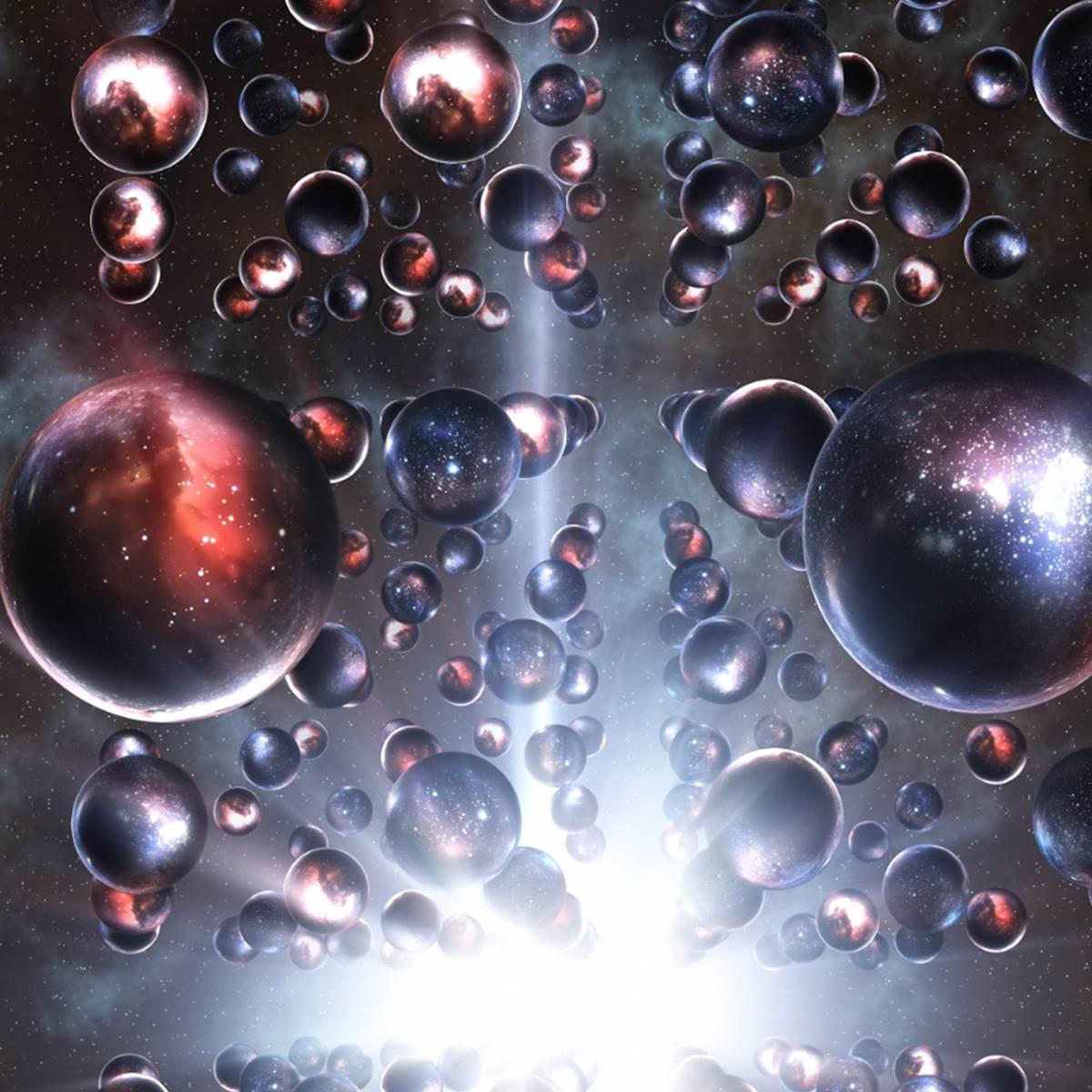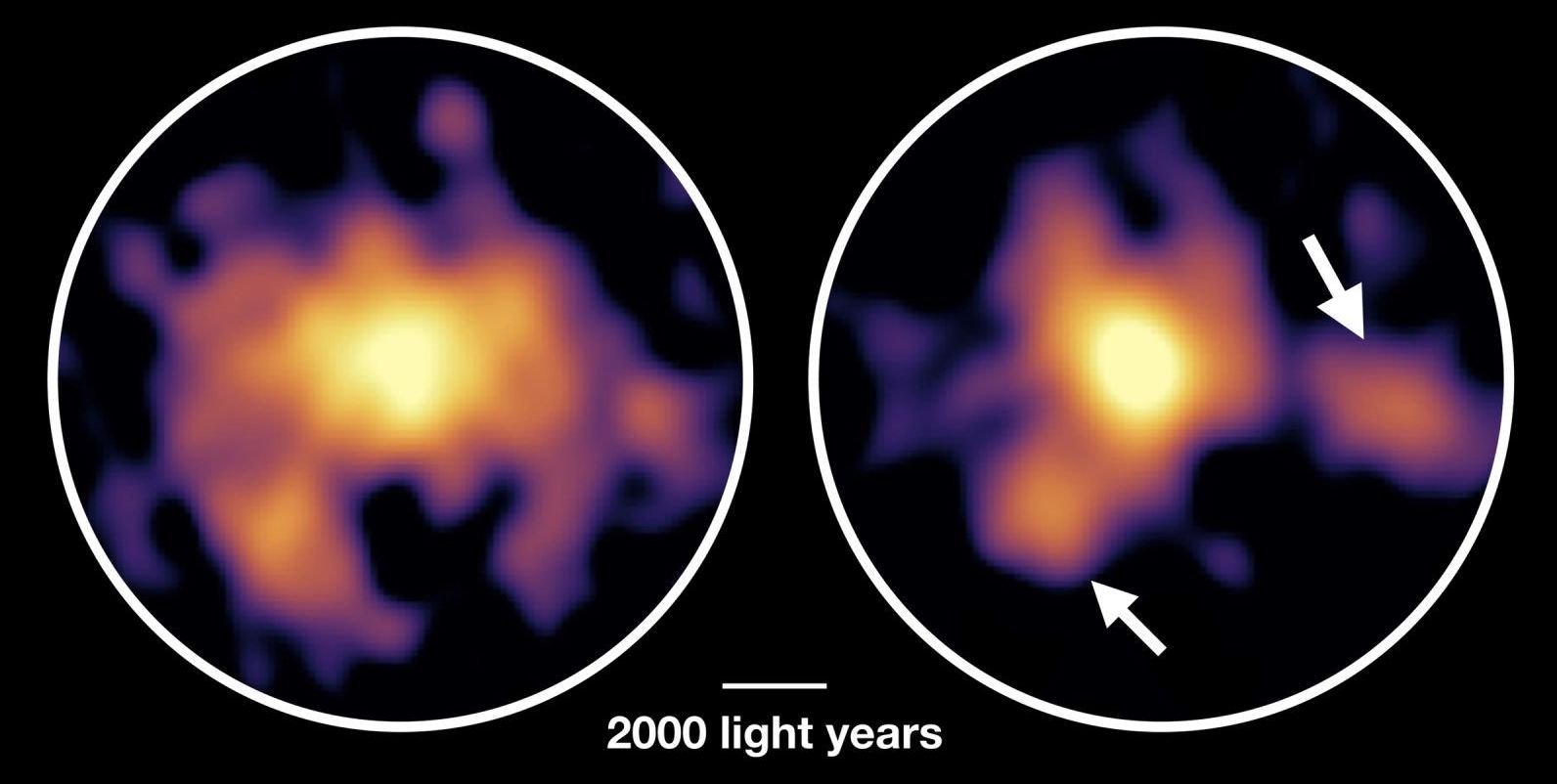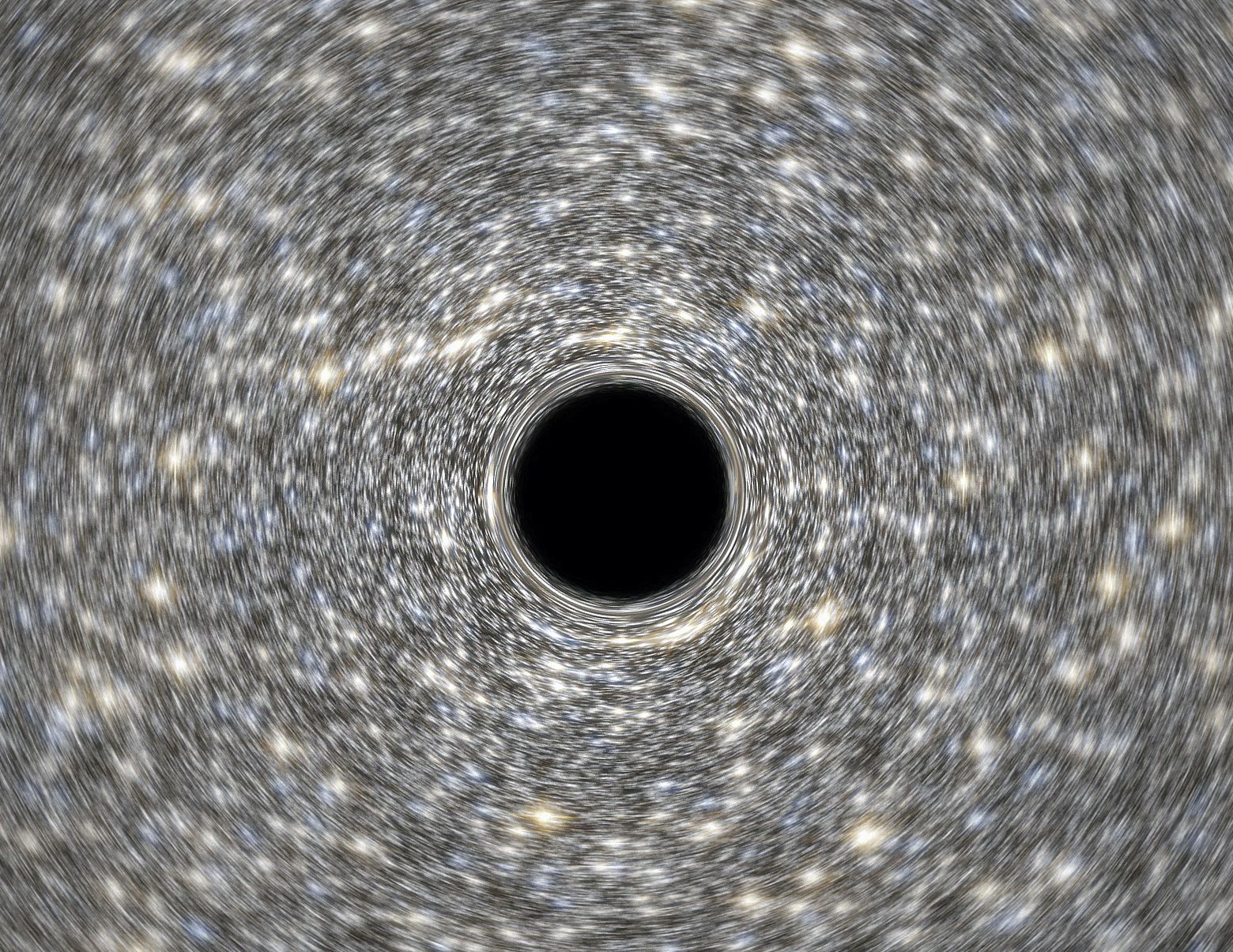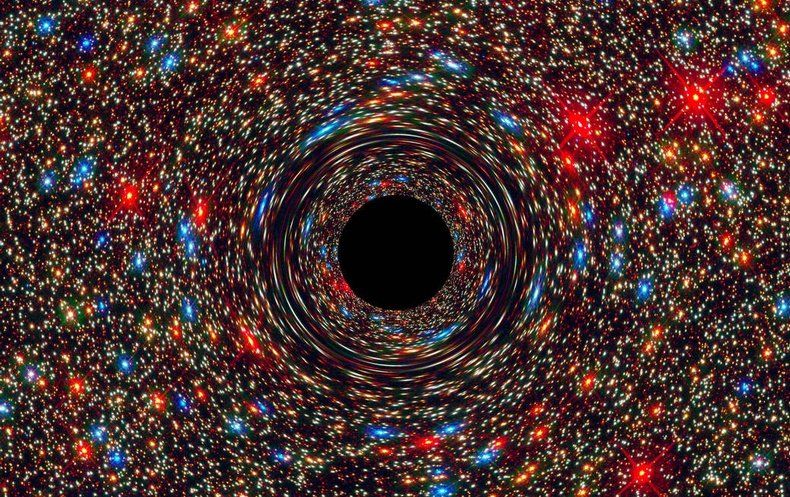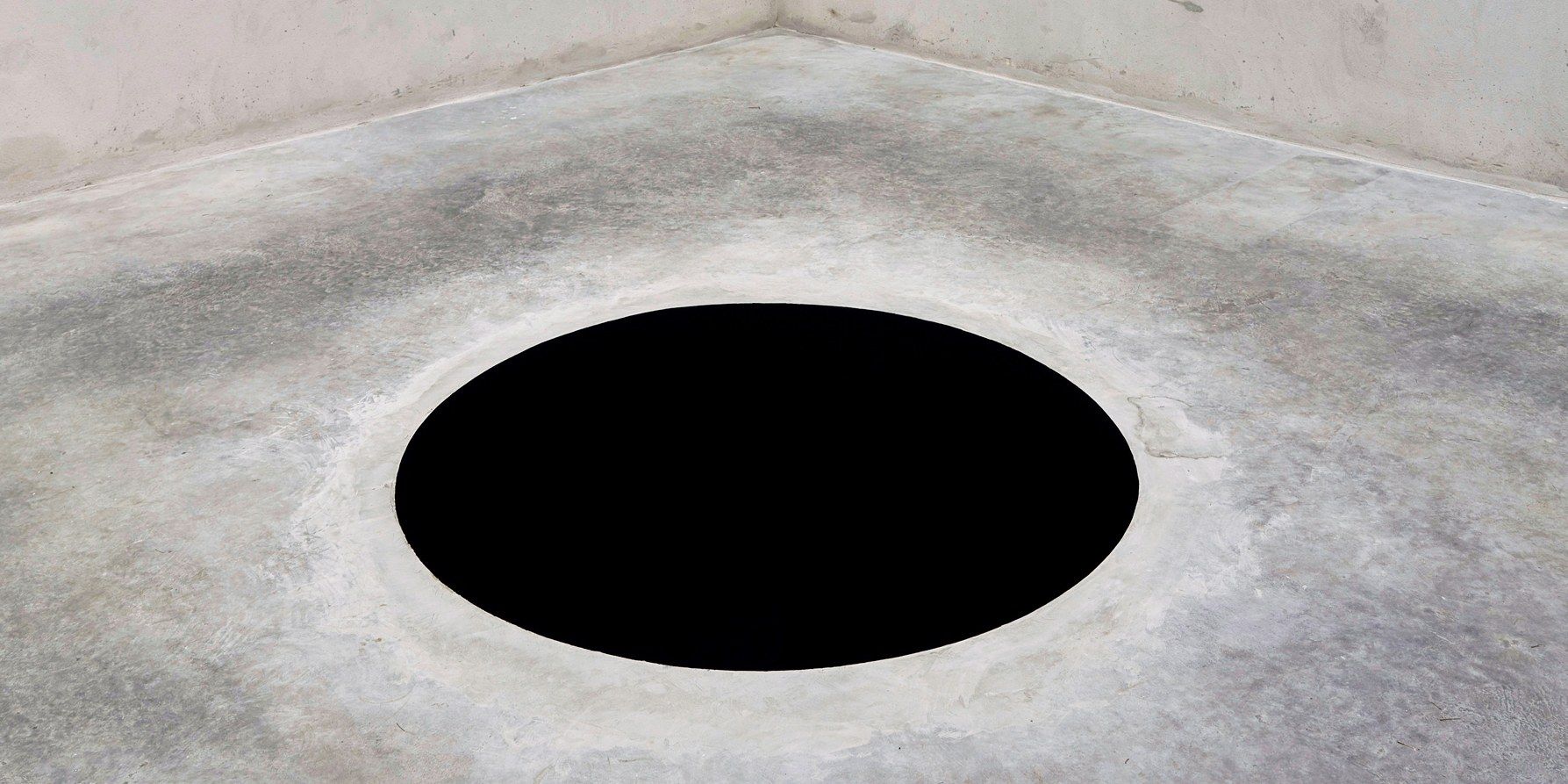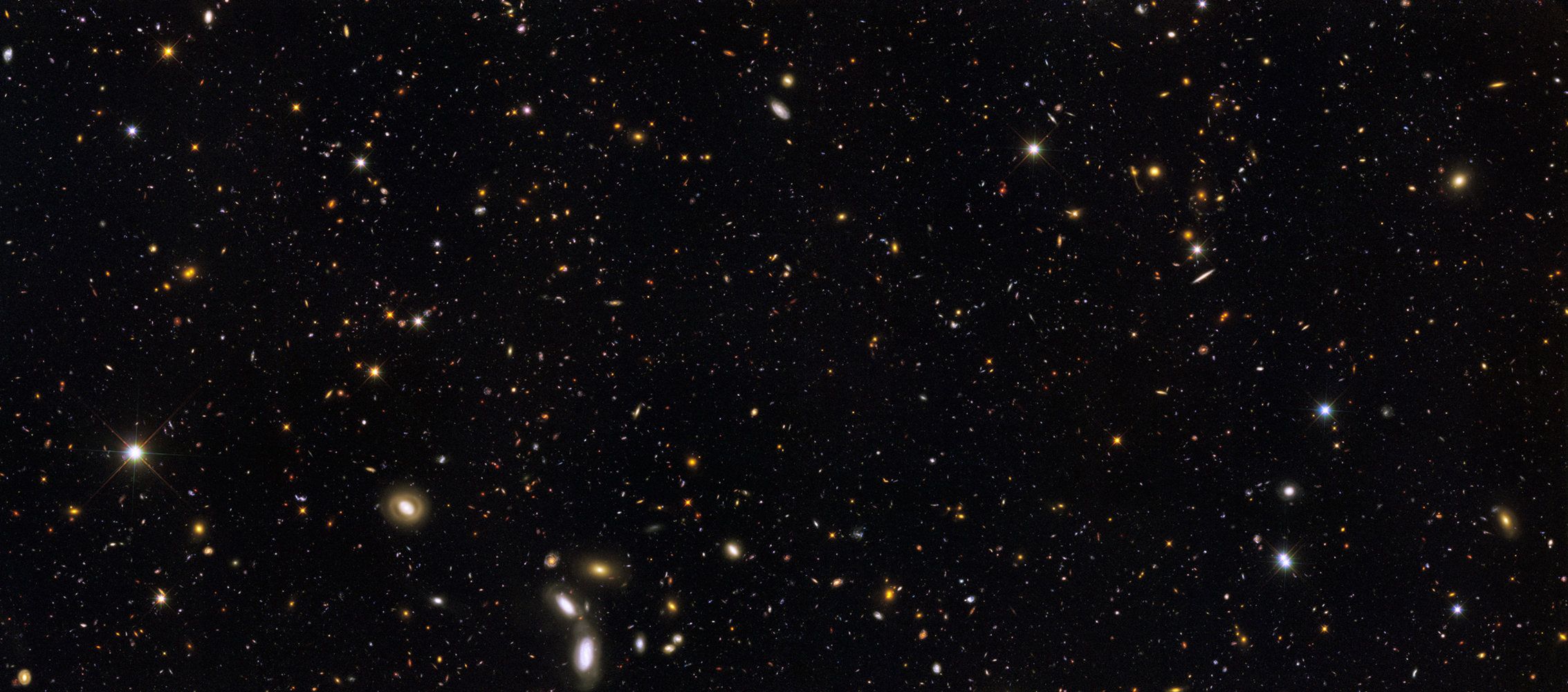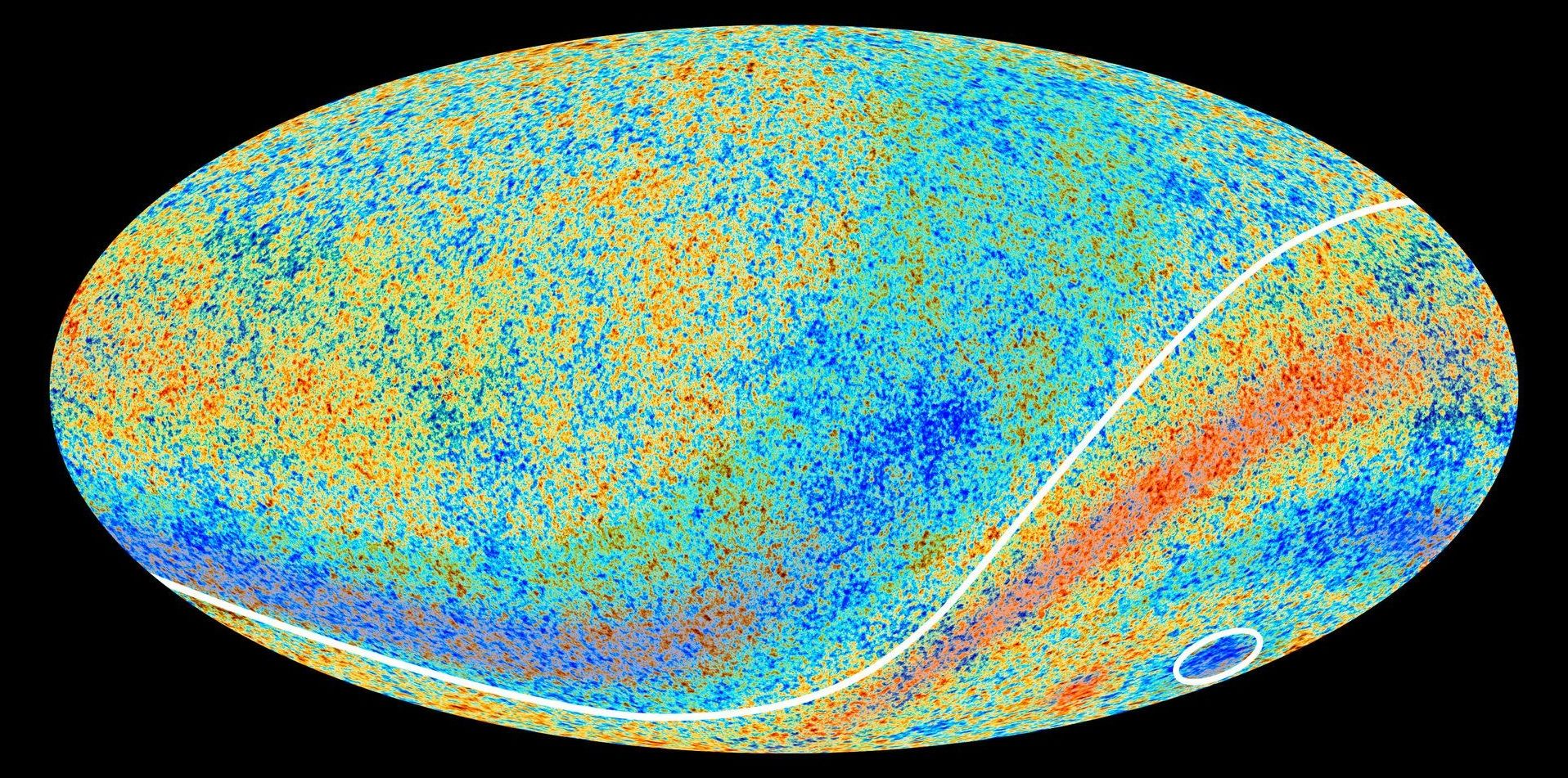Sep 6, 2018
Scientist Passed Over for Nobel Wins $3M, Donates It
Posted by Genevieve Klien in categories: cosmology, physics
Jocelyn Bell Burnell was a PhD student at Cambridge University some five decades ago when she made an astronomical discovery while reviewing data from a radio telescope: faint, repeating pulses of radio waves.
These signals came to be known as pulsars, a type of neutron star described by Scientific American as “a city-sized collapsed core of a massive sun that is made of degenerate matter and throws off lighthouse-like beams of radio waves.” The discovery was a leap forward: It pointed to the existence of black holes, provided evidence for gravitational waves, and much more.
It also yielded a 1974 Nobel Prize—but not for Bell Burnell. Instead, the prize went to Antony Hewish, Bell Burnell’s PhD supervisor, the Guardian reports.
Continue reading “Scientist Passed Over for Nobel Wins $3M, Donates It” »
